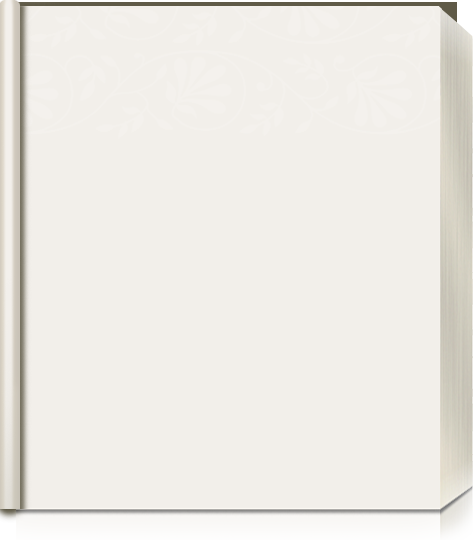

Site content © Roopa Farooki 2014

When the dolls were found, I took a set of our sisters’ brightly coloured ribbons and fed them to the white worms that crawled up the latrine, watching them twist round like a hideous hairdo. Our sisters screamed when they saw them. Ribbons on worms, like a party dress on a pig, or dung decorated with gold dust. I’m aware that I’m reporting this with something like pride. I think I’m still proud of our rebellion, even though we did mean things, because it was the last time I really did. Rebel, I mean. It was beaten out of me by the age of six. And how our mother would beat us. This was one thing, possibly the only thing, concerning our care that she didn’t delegate to the servants. Amma beat us ferociously, as though it was exercise, and something that she needed to stretch and limber up for in advance. Like a local lawman in the villages, charged with administering a hundred lashes to a young rape victim for her adultery, whipping trees in the forest to keep in shape for his big day. She was a small and slender woman, and perhaps she felt it didn’t hurt as much as it should, even with the tools she used, the slap and spit of the leather, the spikes of the brush; so she used the slap-spit-spike of her words to cut deeper into our skin.
‘You dishonour me, and your father, when you disobey us,’ she said before the beatings.
‘I will make you into good boys. You will learn to be good,’ she said after the beatings.
Like Jim’s coat, almost twenty years later, there was no grey for my mother. The laundry she inspected for washing was separated carefully
‘You dishonour me, and your father, when you disobey us,’ she said before the beatings.
‘I will make you into good boys. You will learn to be good,’ she said after the beatings.
Like Jim’s coat, almost twenty years later, there was no grey for my mother. The laundry she inspected for washing was separated carefully